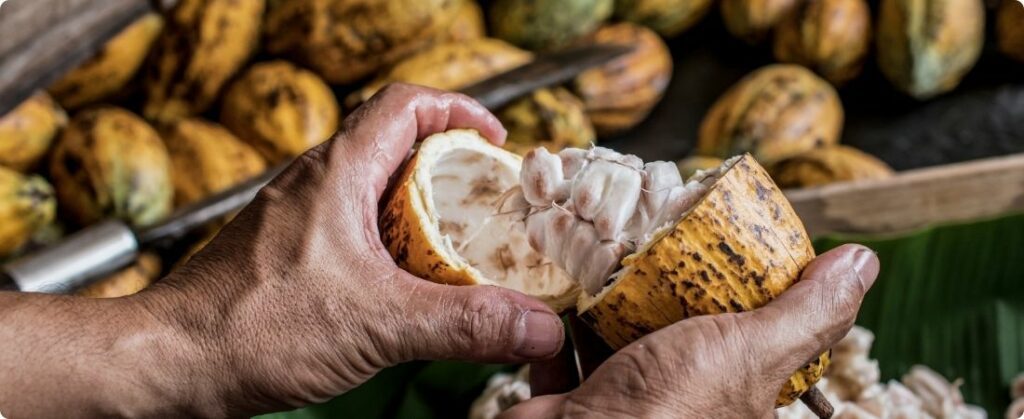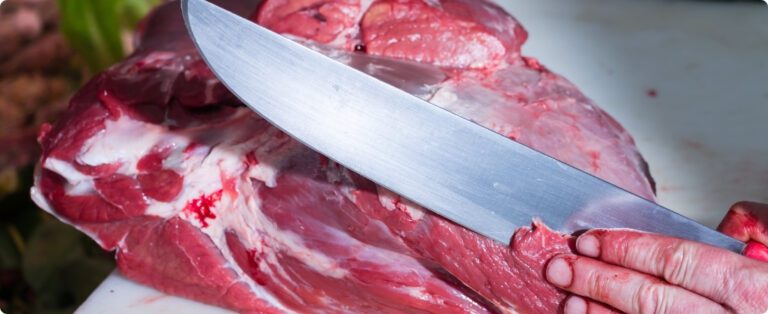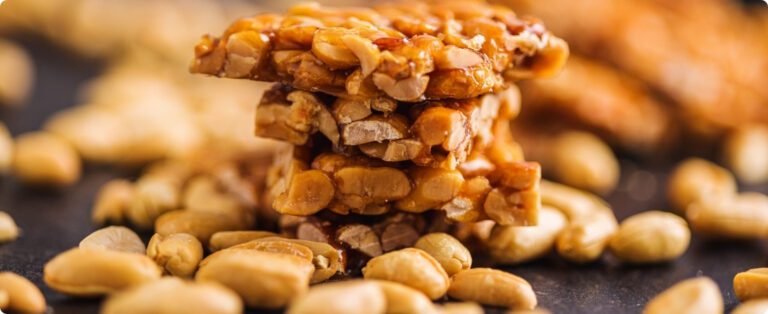
Used for consumption since the time of the Incas and Aztecs, the cacao tree is native to the Amazon region. Over the centuries, the fruit has become increasingly popular. Chocolate, its main product, has become a symbol of flavor and culture, and people have even dedicated a special day to celebrate it. That is why March 26th is celebrated annually as Cacao Day.
Currently, the Ministry of Agriculture and Livestock (Mapa), through the Executive Committee of the Cocoa Farming Plan (Ceplac), actively works to promote the cocoa production chain. In addition, it promotes strategic actions for the sustainable development of the sector.
There are currently ten types of cocoa beans or genetic groups, with the Amelonado type predominating in Brazil. It is the most widely cultivated variety worldwide and has a yellower, smoother shell with a more subtle aroma.
Brazil invests in research, sustainability and appreciation of cocoa
Ceplac houses one of the richest cocoa collections in the world. It includes all ten known varieties and, in particular, the most diverse collection from the Amazon. This region is considered the Center of Origin of the Cocoa Tree.
This diversity is used in research involving genetic improvement, with a focus on developing more productive varieties that are resistant to diseases and adapted to climate change. In addition, Ceplac distributes these cultivars to producers and applies them in studies for new chocolate formulations.
The cocoa tree generally begins producing at three years of age and can produce for up to 100 years. Brazil is the sixth largest cocoa producer in the world, and Brazilian cultivation has grown in the country, with the use of sustainable practices.
Last year, the government approved Law No. 14,877/24, which creates the green seals Cacau Cabruca and Cacau Amazônia to encourage sustainable practices in the Brazilian cocoa production chain. To earn the seals, cocoa farmers must comply with a set of good practices.
Source: Notícias Agrícolas












